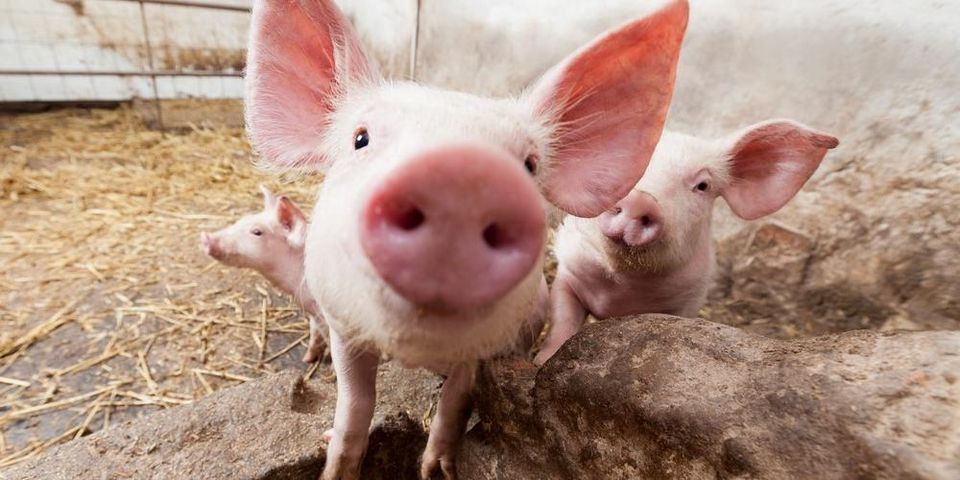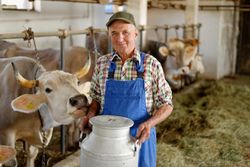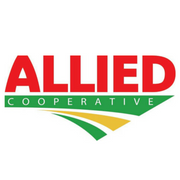Tips for Nutritional Feed Management

Just like humans, animals need a balanced diet to stay healthy. But nutrition feed management on a farm can be much more complicated than feeding your family dog. Agricultural animals require balanced feeding and watering to stay healthy and productive, whatever their role may be. Allied Cooperative of Adams, WI, offers tips for nutrition management to ensure your animals contribute to your farm’s profitability and the environment’s health.
Proper Feeding
Avoid overfeeding because it will not only be harmful to the animal, but also the environment. Obesity will cause an animal to become less productive, and it can lead to increased health risks. Any excessive feed is often left to waste on the ground and eventually ends up in the manure pile.
Water Management
 Water plays a critical role in nutrition management. In some cases, water is in short supply or contaminated. The temperature will significantly affect water’s vitality as well. Near-freezing drinking water can distress your livestock, so make sure they’re properly supplied with temperate water. Hydration will help the animal’s metabolic process and digestive system convert their feed to energy to stay warm and productive through the bitter months.
Water plays a critical role in nutrition management. In some cases, water is in short supply or contaminated. The temperature will significantly affect water’s vitality as well. Near-freezing drinking water can distress your livestock, so make sure they’re properly supplied with temperate water. Hydration will help the animal’s metabolic process and digestive system convert their feed to energy to stay warm and productive through the bitter months.
Striking a Balance
During the summertime, the need for water is increased in all aspects of farming services. Animals specifically require more water to remain cool and hydrated. For every two pounds of dry feed, a farm animal needs one gallon of water. However, other stress, weather, and other conditions may shift this ratio. If your animal is struggling to eat, it could be a sign of inadequate hydration, so keep water in ample supply as the weather warms.
The professionals of Allied Cooperative of Adams, WI, understand how inadequate water and overfeeding can create an unbalanced diet for farm animals. Without proper nutrition management, the productivity of your farm will suffer. For more tips about feed, call 800-247-5679 today. Learn more about their livestock services online.
About the Business
Have a question? Ask the experts!
Send your question

